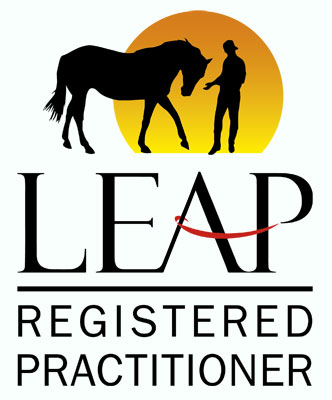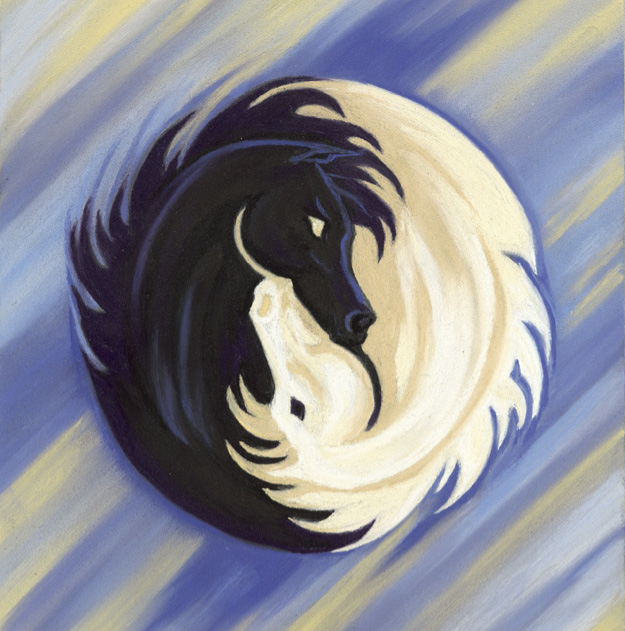
Blog
Signs of Emotional Bypassing
26 July 2015
Are you an emotional bypasser?
Do you avoid feeling into your own emotions?
Do you find any way you can to avoid going deeply into the discomfort inside your body, due to the fear of looking weak, vulnerable or soft?
If so, you’re not alone. However you are missing out on the only vital connection and relationship that really matters in this life; to yourself and your vast, deep pool of wisdom and feeling contained in the waters of your tears.
Without judging yourself, or others, read through this list of signs of emotional bypassing and assess how you are presently relating to your own emotions or not:-
- Do you stifle any real emotion that you feel starting to surface from within?
- Do you avoid talking about painful experiences you’ve had?
- Do you avoid confrontation with others, i.e. by not really speaking your truth, or stating your preferences and needs?
- Do you find a whole range of avoidance tactics so that you cannot feel your feelings? For example, avoiding eye contact? Avoiding proper, warm hugs? Diverting yourself and others by talking a lot, reading, keeping busy, working a lot or watching TV? Filling up each moment with something, so as to avoid focussing on your inner world and its myriad of fluctuating emotions? Do you ignore your dreams – dismissing them as irrelevant to you? (That one always astonishes me making me ask: so who indeed are they for then…?)
- When you feel an emotion coming up do you swallow/stuff it back down again?
- Do you avoid staying connected with and feeling into your body at all cost?
- Do you talk at the surface level rather than engaging others in a deep, feeling based conversation to avoid both your own and their potential emotional engagement?
- Do you find particular emotions really difficult to feel and experience and so avoid these at all costs? For example, many women find anger very unacceptable due to their deeply ingrained conditioning when growing up; for many men, sadness and fear are two commonly avoided emotions, with an easier access to anger, again due to their conditioning in our society.
- Do you tell your stories over and over again without ever reaching the depths of what you really feel behind the more acceptable story?
These are just some of the ways in which as humans we avoid connecting to our own emotions.
Now for us individually this is really bad news as it means we miss out on a deep, wide ranging aliveness that resides within us. It also means that we experience our one lifetime on a very mundane, superficial level, rather than the richly colourful depths that await us if we can be brave enough to dive into ourselves.
It is also bad news for those we engage with too, as it means sadly that we are therefore unable to also welcome them as emotional beings, or we chose to project and illicit much emotion from them, even giving them our deeply held feelings through projection. Crucially though, it also means that we are unable to empathise with them, a vital relationship element, without which, we cannot understand or support others.
Relationships without emotions are like a river without water: dry, lifeless and empty.
Horse are phenomenal at holding a gentle space which encourages us to access what we are really feeling. The way into our emotions is through our body, which is why I encourage a disciplined body-centred approach to the horse-partnered work I undertake.
It is by disciplining ourselves through the repeated practice of feeling into our body at all times that we can become more acquainted with our own emotions, which we are so often sadly estranged from.
Please contact me if you’d like to discuss anything raised in this article further.
© Angela Dunning, 26 July 2015








